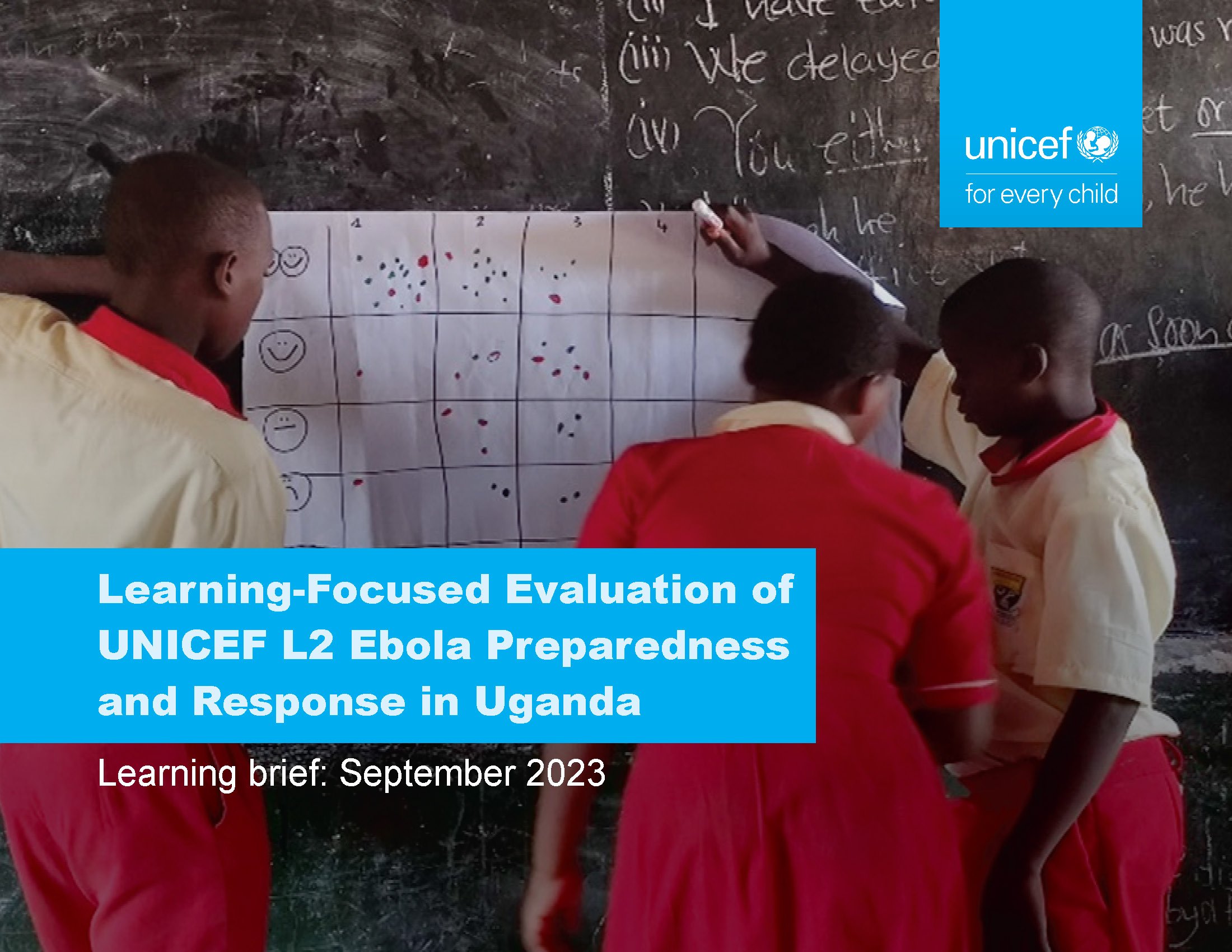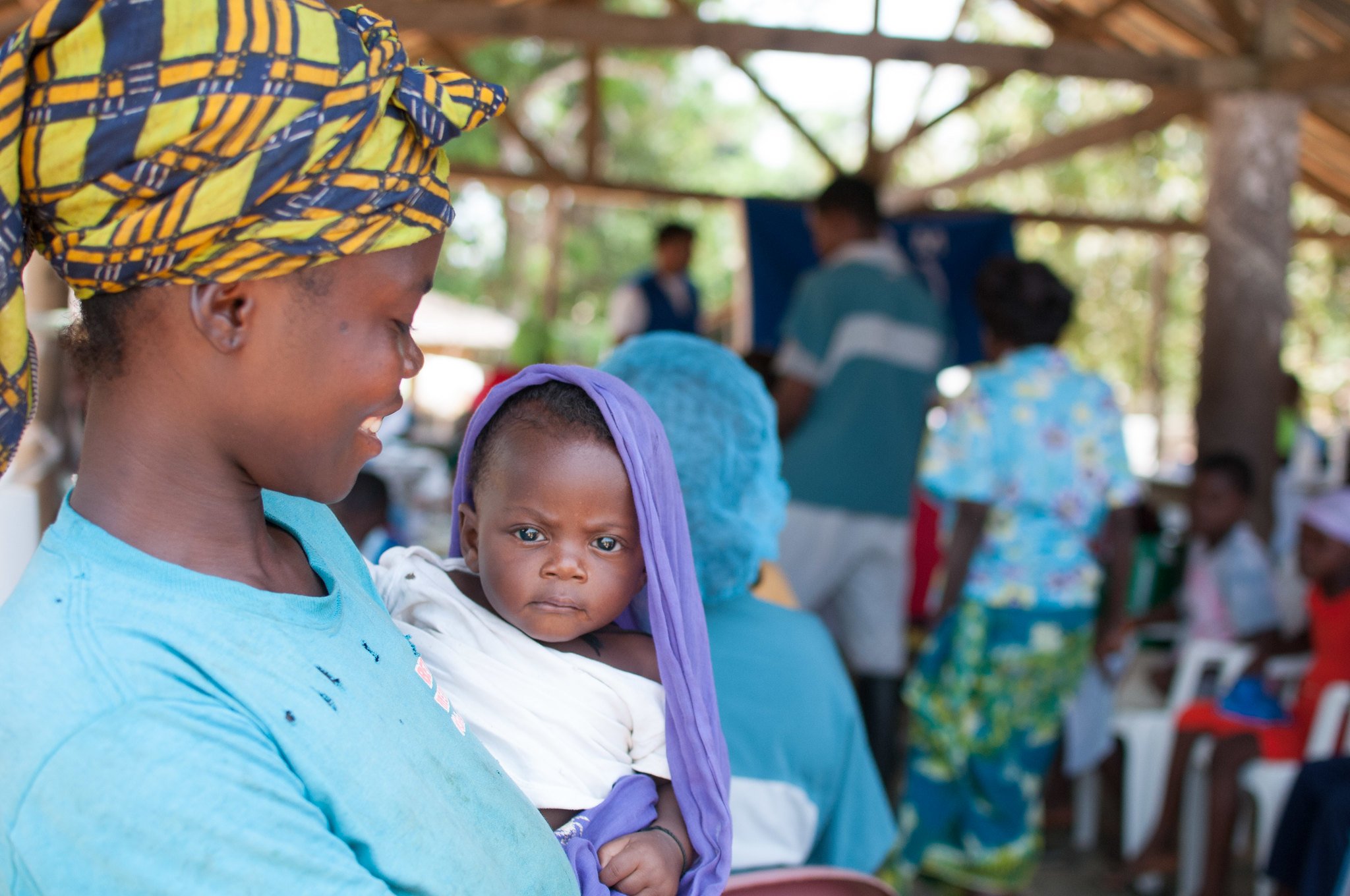Latest news
Stay up to date on the latest activities and publications from hera
Archive
- 2023
- 2024
- 2025
- Aarti Patel
- Accountability
- Afghanistan
- Africa
- Alejandra Martinez
- Algeria
- Alice Behrendt
- Alice Peschiutta
- Angola
- Anne Buve
- Argentina
- Asia Pacific
- Assessment
- Bangladesh
- Basic Health Services / Primary health care
- Behaviour Change Communication
- Belize
- Benin (Dahomey)
- Botswana
- Cabo Verde
- Calvin Tonga
- Cambodia
- Caribbean
- Central Asia
- Chad
- Child Protection
- Children
- Chile
- Cholera
- Climate change
- Colombia
- Communicable diseases (CD)
- Community Engagement
- Community Health Workers
- Comoros
- Costing studies
- Country Capacity
- Covid-19
- Crisis Management
- Côte d'Ivoire
- DRC
- Demand side financing
- Development
- Development Cooperation
- Dia Timmermans
- Dijbouti
- Drug Pricing

Enhancing access to HIV testing and treatment: Embracing community leadership
On World AIDS Day, we at hera-right to health and development stand together with the global community in the fight against HIV. Embracing this year's theme, "Let Communities Lead," we recognize the transformative impact of community involvement in overcoming the challenges of HIV.

Learning from Crisis: hera's Evaluation of UNICEF's L2 Response to the Uganda Ebola Crisis
Explore hera's comprehensive, learning-focused evaluation of UNICEF's response to the 2022-2023 Ebola crisis in Uganda. Learn how the evaluation aims to inform future public health strategies

Advancing Equitable COVID-19 Vaccination in Humanitarian Crisis
The World Health Organization (WHO), taking the lead in responding to this pressing issue, selected hera to conduct a study on the complexities of COVID-19 vaccine deployment and administration in humanitarian settings, with a specific focus on populations of concern (PoC). The study was initiated in March 2022 and concluded in March 2023, and encompassed case studies in multiple countries deeply affected by humanitarian crises: Cox's Bazar (Bangladesh), Colombia, the Democratic Republic of the Congo (DRC), Iraq, South Sudan, and Syria.

Gender, HIV and Youth Mainstreaming Strategy of the Seed Knowledge Initiative (SKI)
SKI is comprised of 16 partner organisations in Malawi, Zambia, Zimbabwe and South Africa with the aim of improving farmer-led seed knowledge systems and helping smallholder farmers to become more seed, food and nutritionally secure.

Summative evaluation of the WHO Rapid Access Expansion (RAcE) Initiative
In 2012 the government of Canada provided a grant to the WHO Global Malaria Programme (GMP) to support the scale-up of the diagnosis and treatment of children with pneumonia, diarrhoea and malaria by Community Health Workers, an approach known as integrated community case management (iCCM). The six-year programme, labeled the Rapid Access Expansion (RAcE) initiative, distinguished itself from other internationally funded iCCM programmes by aiming to achieve universal health coverage for all children in hard-to-reach areas within selected geographic boundaries.
